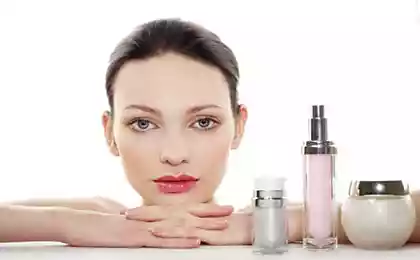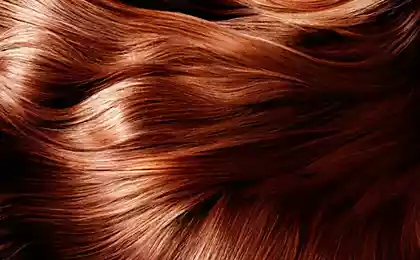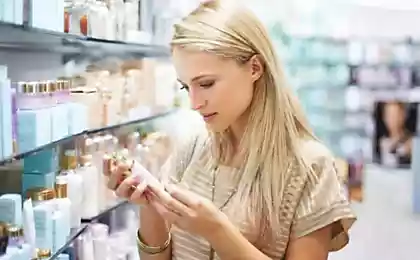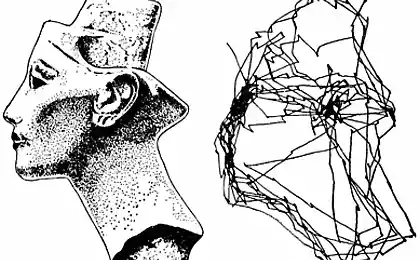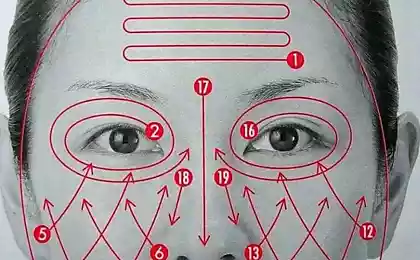185
Why the word “normal” is removed from the description of cosmetics
Occasionally cosmetics Play a marketing game to get customers’ attention. Some people do it better (hello, good advertising) and others do it worse. One way or another, well-known companies are trying to keep pace with the times.
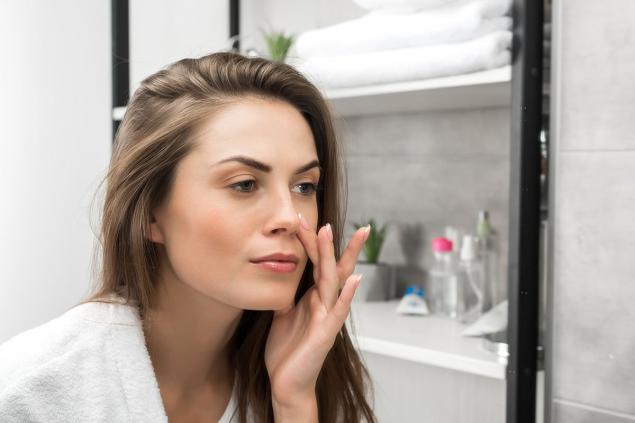
So, in the wake of growing tolerance as a trend in the world, Unilever decided to change its terminology. Now on their cosmetics. There won't be the word "normal.". How this affects brand policy and what can lead to such changes, read further in the article.
Unilever’s cosmetic brands are owned by such well-known brands as Dove and Reona. Previously, for their advertising, they chose girls with beautiful appearance, and all controversial moments were successfully edited in Photoshop.
Now the company wants to Stop showing people the perfect picture. Marketers call this change “the drive for inclusion.” After all, following the stereotypes about beauty imposed in society is at least stupid and has long been out of fashion.
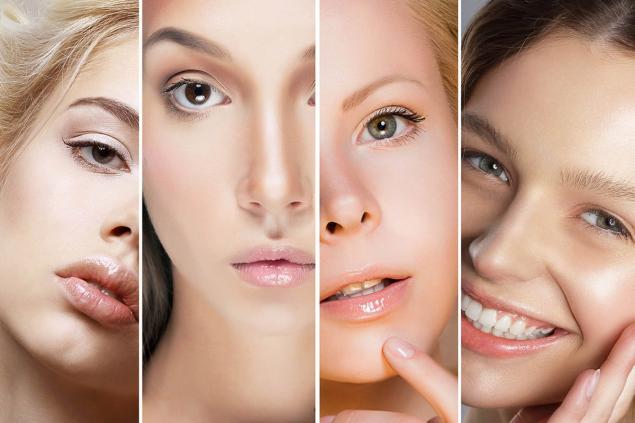
What is wrong with the word “normal”? It is usually used to describe hair-type. It is found on the labels of shampoos, conditioners, creams and other facial care products. In fact, this is just a marker, thanks to which a person can choose a particular cosmetic product.
However, the company claims that the word “normal” sounds like provocative. If there is a normal skin type, then there is also an abnormal skin type. The rejection of this concept is perceived as a step towards a new era of beauty, where there is no place for prejudice.

In other words, any skin or hair is normal, even if you have a problem with it. The marketing position of a brand is to show people how much it is. It is important to accept yourself with your shortcomings..
In addition, the company is going to change its policy regarding the composition of cosmetics. Unilever plans to increase the number of natural ingredients in facial and hair care products.
Are such measures justified? Unilever’s reputation has been criticized. For example, in 2017, a Dove body lotion ad was released. In the video, a black girl takes off a T-shirt that features a white woman. Guess what provoked it?
View this post on Instagram
A post shared by Lola Ogunyemi (@mslolao)
Advertising began to be interpreted as an intolerant attitude towards people with dark skin. Although the brand itself meant something completely different. The concept of the video was that Any skin, regardless of its color, needs good care..
The company had to apologize, and the girl who starred in the commercial was shocked by this public reaction. She stood up for the brand and shared her thoughts on this. Read about it on the link.
View this post on Instagram
A post shared by Lola Ogunyemi (@mslolao)
Unsurprisingly, cosmetics giant Unilever is now building a much more cautious marketing strategy. You have to not only bypass all dubious social angles, but also invent your chips to stand out.
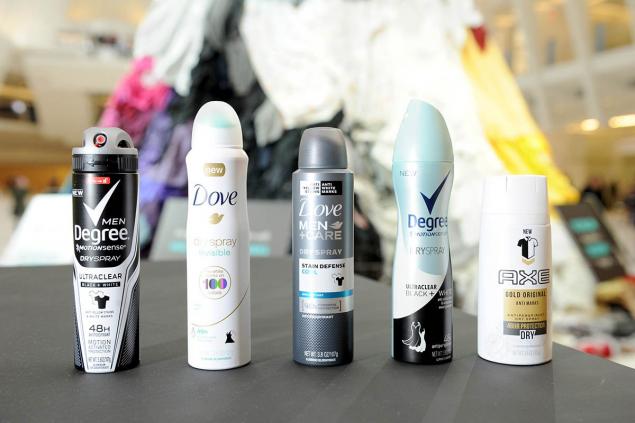
GettyImages Network users did not appreciate the innovations of the brand. In the comments, a sarcastic tone and misunderstanding can be heard: “As a normal person with normal skin and hair, I protest!”, “And now what to do with normal hair and skin?” Dry and spoil? ?
Whether the new concept of Unilever will justify itself, time will tell. However, it seems to me that in this matter it is very important not to go too far. It is foolish to deny that many People have long been annoyed by the word tolerance.. To some extent, its meaning has long been twisted and distorted. What initially seemed like the right idea goes to extremes.
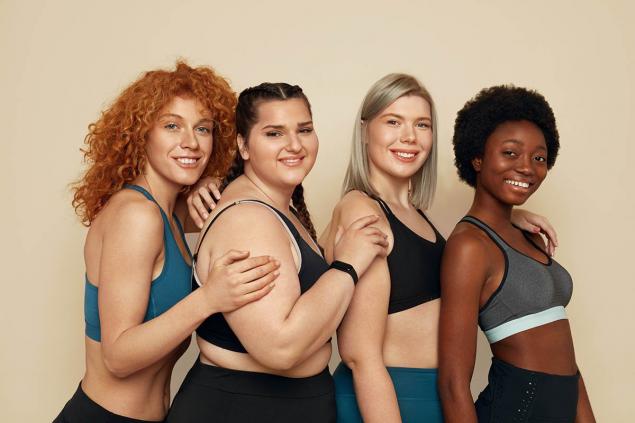
Although I like the other idea of the company. In 2019, the Dove brand released a video featuring Russian singer MANIZHA. His main idea is unconditional love for himself and his appearance. She said: We believe this will help each of us realize how real what we are striving for. We are for the realism and honesty of the picture around us.”
https://www.youtube.com/watch? v=zovbq1k8JgQ
I wonder what you think about that? Are you embarrassed by the word “normal” on cosmetic labels? They shared their impressions in the comments. And thank you for staying with us!
Photo in article

So, in the wake of growing tolerance as a trend in the world, Unilever decided to change its terminology. Now on their cosmetics. There won't be the word "normal.". How this affects brand policy and what can lead to such changes, read further in the article.
Unilever’s cosmetic brands are owned by such well-known brands as Dove and Reona. Previously, for their advertising, they chose girls with beautiful appearance, and all controversial moments were successfully edited in Photoshop.
Now the company wants to Stop showing people the perfect picture. Marketers call this change “the drive for inclusion.” After all, following the stereotypes about beauty imposed in society is at least stupid and has long been out of fashion.

What is wrong with the word “normal”? It is usually used to describe hair-type. It is found on the labels of shampoos, conditioners, creams and other facial care products. In fact, this is just a marker, thanks to which a person can choose a particular cosmetic product.
However, the company claims that the word “normal” sounds like provocative. If there is a normal skin type, then there is also an abnormal skin type. The rejection of this concept is perceived as a step towards a new era of beauty, where there is no place for prejudice.

In other words, any skin or hair is normal, even if you have a problem with it. The marketing position of a brand is to show people how much it is. It is important to accept yourself with your shortcomings..
In addition, the company is going to change its policy regarding the composition of cosmetics. Unilever plans to increase the number of natural ingredients in facial and hair care products.
Are such measures justified? Unilever’s reputation has been criticized. For example, in 2017, a Dove body lotion ad was released. In the video, a black girl takes off a T-shirt that features a white woman. Guess what provoked it?
View this post on Instagram
A post shared by Lola Ogunyemi (@mslolao)
Advertising began to be interpreted as an intolerant attitude towards people with dark skin. Although the brand itself meant something completely different. The concept of the video was that Any skin, regardless of its color, needs good care..
The company had to apologize, and the girl who starred in the commercial was shocked by this public reaction. She stood up for the brand and shared her thoughts on this. Read about it on the link.
View this post on Instagram
A post shared by Lola Ogunyemi (@mslolao)
Unsurprisingly, cosmetics giant Unilever is now building a much more cautious marketing strategy. You have to not only bypass all dubious social angles, but also invent your chips to stand out.

GettyImages Network users did not appreciate the innovations of the brand. In the comments, a sarcastic tone and misunderstanding can be heard: “As a normal person with normal skin and hair, I protest!”, “And now what to do with normal hair and skin?” Dry and spoil? ?
Whether the new concept of Unilever will justify itself, time will tell. However, it seems to me that in this matter it is very important not to go too far. It is foolish to deny that many People have long been annoyed by the word tolerance.. To some extent, its meaning has long been twisted and distorted. What initially seemed like the right idea goes to extremes.

Although I like the other idea of the company. In 2019, the Dove brand released a video featuring Russian singer MANIZHA. His main idea is unconditional love for himself and his appearance. She said: We believe this will help each of us realize how real what we are striving for. We are for the realism and honesty of the picture around us.”
https://www.youtube.com/watch? v=zovbq1k8JgQ
I wonder what you think about that? Are you embarrassed by the word “normal” on cosmetic labels? They shared their impressions in the comments. And thank you for staying with us!
Photo in article
Should I Divorce If My Husband Didn't Congratulate on March 8?
Looking for a job for the ninth month, during this time you can bear a child, completely despaired
